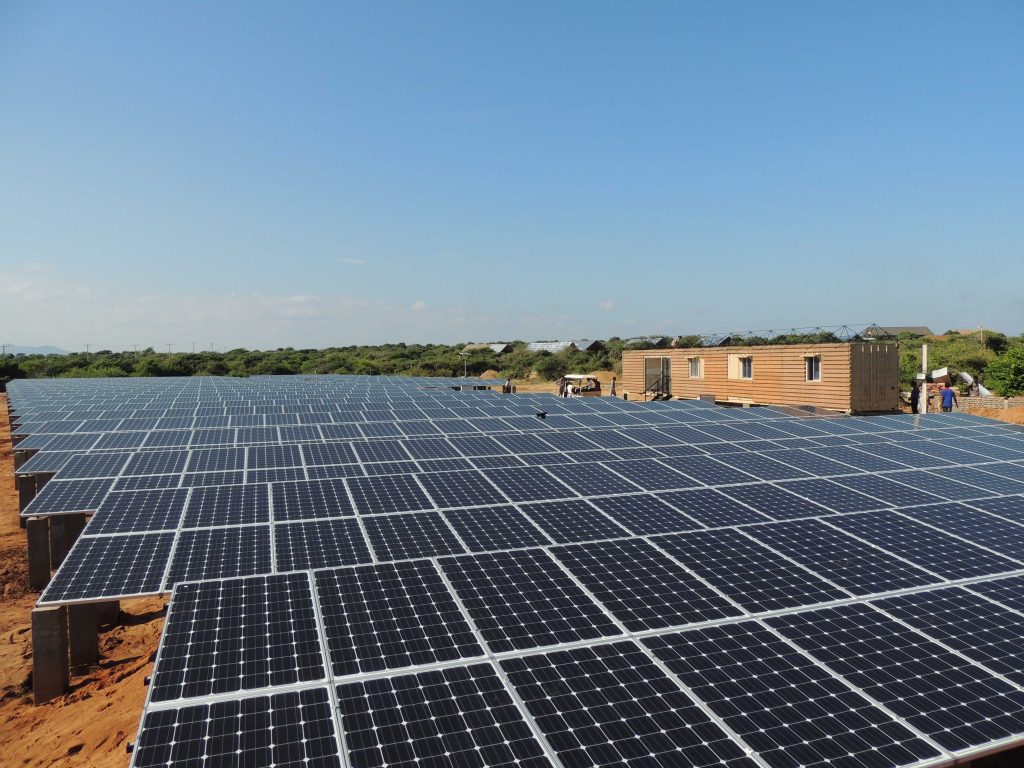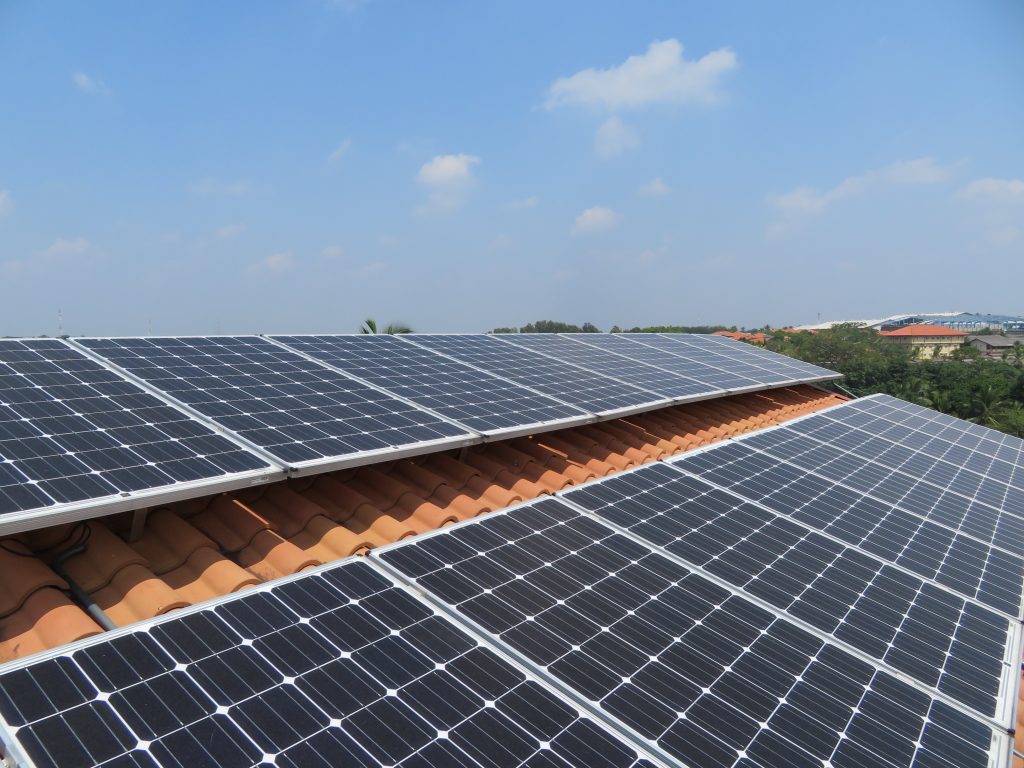Did you know that your solar electricity provider does not only heat your water, run your machinery and light your bulbs, but it can also help you earn extra money?
The Soorya Bala Sangramaya or Battle for Solar Energy was an initiative by the Ministry of Power and Renewable Energy in collaboration with the Sri Lanka Sustainable Energy Authority, Ceylon Electricity Board and Lanka Electricity Company in 2016. It was set up with the intention of promoting and setting up small-scale solar power plants on rooftops of households, commercial establishments and industries. The initiative is expected to add 200 MW of solar electricity to the national grid by 2020 and 1000 MW by 2025. So, there is no need for hesitation. Do you think the scheme would be revoked? The simple answer is, no!
Here is a brief description of the three options available for consumers under the initiative.

Net Metering
Under the Net Metering scheme, the electricity bill will be prepared giving credit to the export. You, as the consumer, will be charged for the difference between the import and the export of electricity. If the export is more than the import in any billing period, you will receive an export credit, which will be credited towards your next month’s consumption. Such credits may be carried-over to subsequent months, as long as you remain the legal consumer for the premises.
Net Accounting
Net Accounting has brought in an additional element to the Net Metering scheme, where you will be provided an export tariff for the net energy exported (if any). If the generated units of electricity using the solar panels fixed on the roof are greater than the units consumed, you will be paid LKR 22.00 per unit during the first 07 years and from the 08th to the 20th year, LKR 15.50 per unit. If the consumption is greater than the energy generated from the solar panels, you pay the CEB at the existing electricity tariff on a slab system.
Net Plus
The total generation from your solar electricity unit will be exported directly through a dedicated meter for which you will be paid. The energy import will be measured through a separate import meter and be billed as per the existing electricity tariff. The CEB shall read the meter for the solar power plant output and the other meter for the imported energy. The total generation of electricity from the solar electricity unit will be exported directly through a dedicated meter for which you will be paid LKR 22.00 per unit during the first 07 years and from the 08th to 20th year LKR 15.50 per unit.
Case Study of Susiri Perera
In 2015, Susiri Perera’s electricity bill was amounting to LKR 14,500 on a monthly basis. Despite employing various measures to reduce his electricity bill, Susiri was unable to do so and in 2016 he decided to install a 4.6 KW Grid tied solar electricity system that would include his current electricity consumption as well with room for further expected increase.
Susiri’s electricity provider during this time was the Lanka Electricity Company Ltd (LECO) and he signed a contract with LECO for a Net Metering Mechanism prevalent during the period. No sooner had Susiri installed the solar electricity system and signed up with LECO, he began paying a monthly bill of LKR 30, a mandatory administrative charge that was in place.
However, during this time something even more interesting took place and Susiri’s electricity consumption dropped from 400 units to 200 units and he was able to transfer the additional 200 units to the national grid every month and in return, future credits with the right to use later.
Interestingly, a few months after Susiri had signed up with LECO, the government introduced two more options encourage green energy and in addition to Net Metering, Net Accounting and Net Plus schemes were brought in.
Susiri was able to amend his LECO contract to a Net Accounting contract where he would be paid for the additional units at the rate of LKR 22 for the next 7 years and LKR 15.50 for the next 8 years after, totalling 15 years of an additional income if he continued to provide electricity to the National Grid by offsetting his excess number of units.
Since then, Susiri receives an additional average income of over LKR 3,000 credited to his bank account on the 15th of every month. Not only does he no longer pay for his electricity consumption thanks to the investment paid, but he is able to be a part of the country’s sustainable drive all while earning an additional income.

Case Study of Mr Hussain
Mr Hussain decided to invest in solar electricity system in July 2016 to cover his monthly electricity bill of LKR 40,900. Having installed a 9.2 KW Grid tied solar electricity system in his residence in Colombo 05, not only has Mr Hussain been able to generate 35039.43 KW until the end of 2018 but also yield an excess of KW production since the time of installation.
Case Study of a Hotel in Yala
The hotel came on board a greener electricity alternative in March of 2014 with the installation of a 300 KWP unit. Since then, the hotel has been able to produce a surplus of electricity in comparison to its annually committed rate of specific yield with a deviation ranging from 3.69 to 12.12 KWH/KWP.
